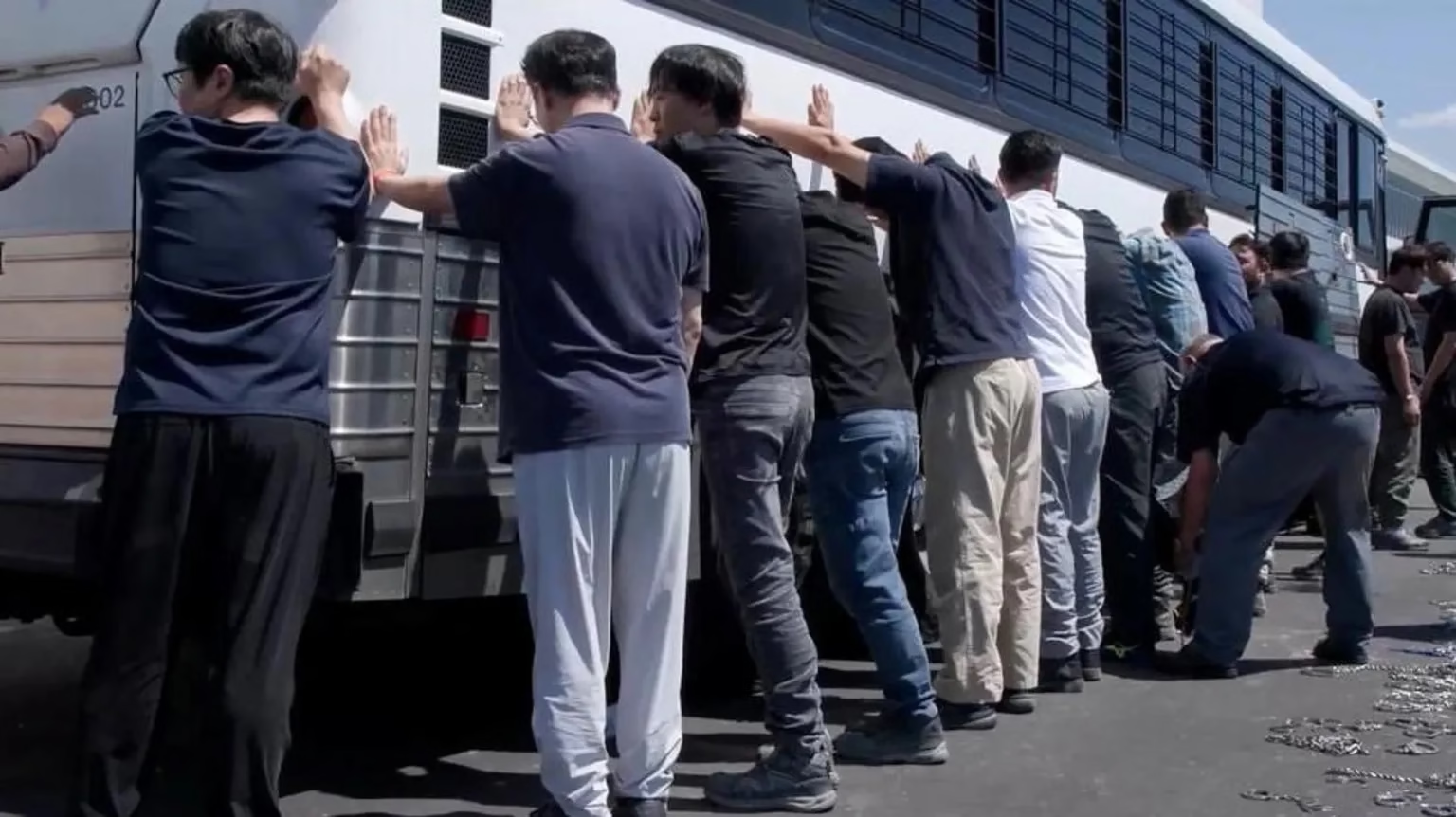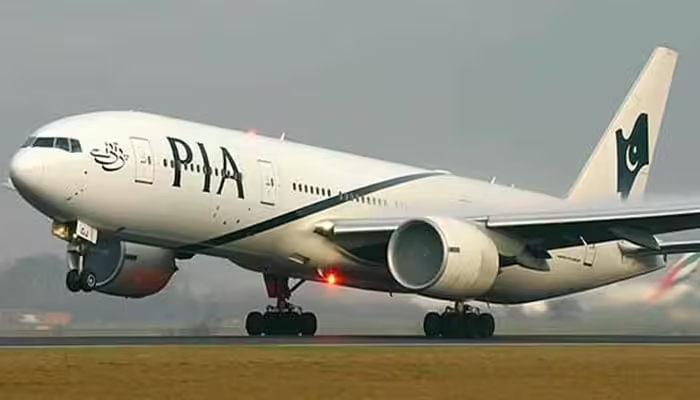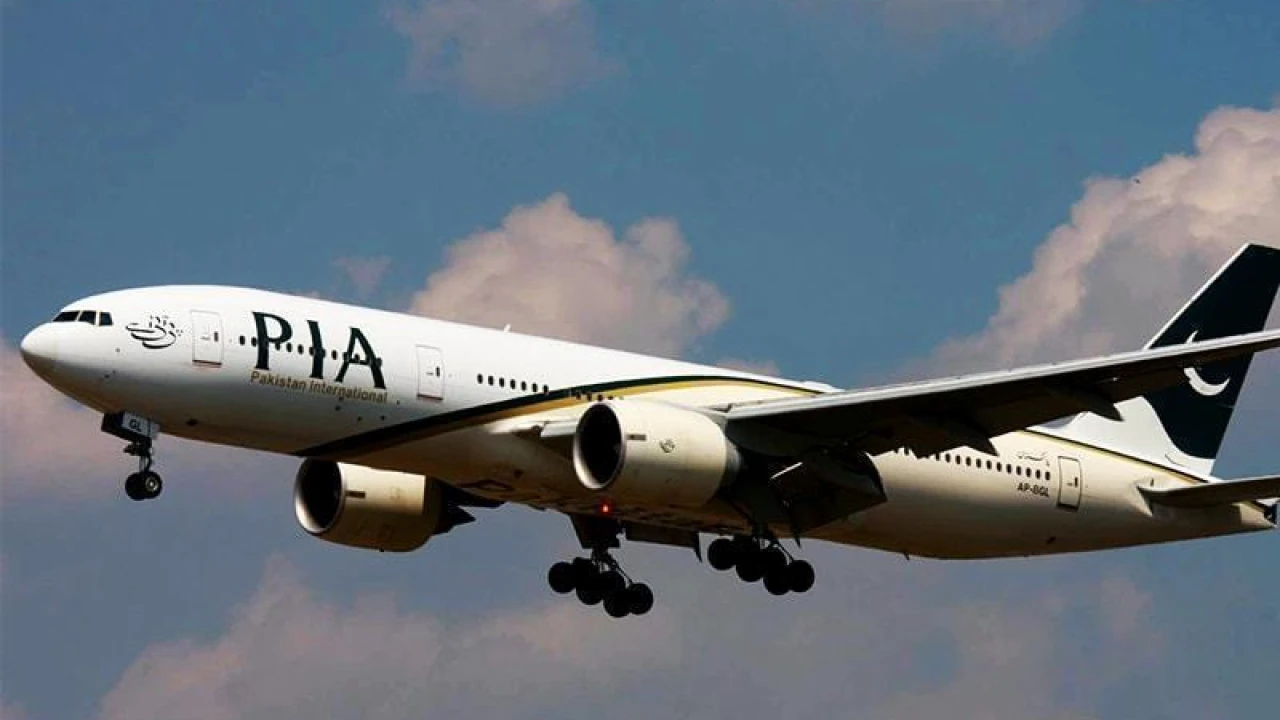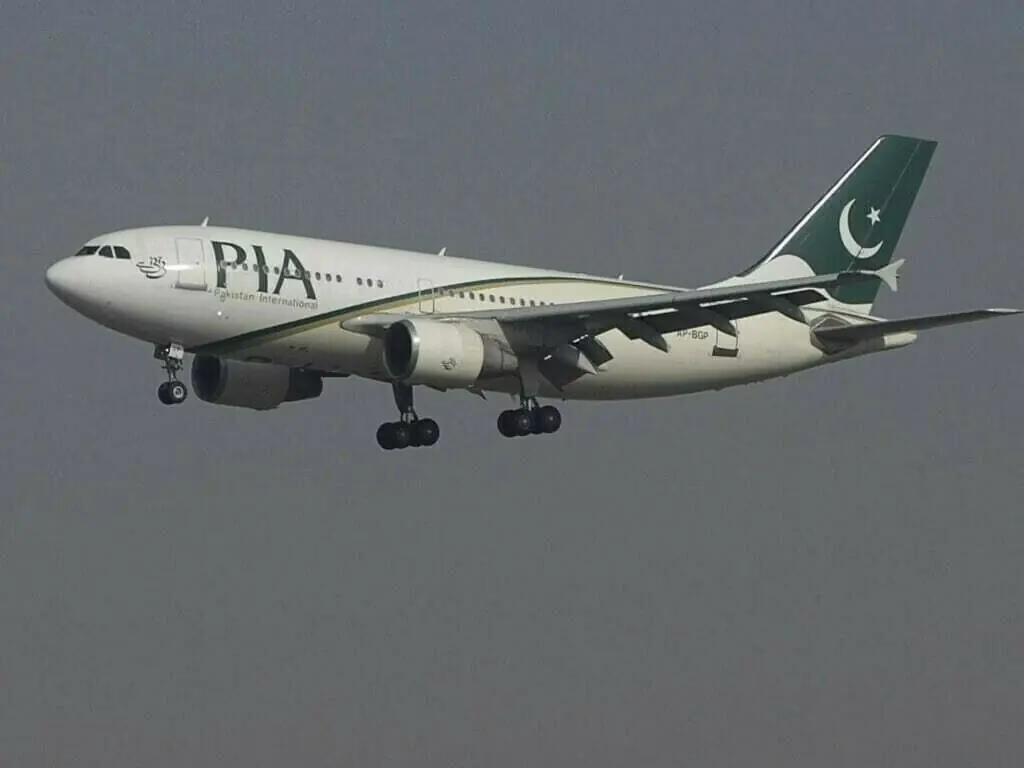The Hyundai factory raid in Georgia has become one of the most controversial labor-related incidents of the year, sparking diplomatic concern, political explanations, and renewed discussion about foreign workforce policies in the United States. The massive immigration raid carried out at a Hyundai–LG battery plant in September led to the detention of more than 300 South Korean workers, raising questions about federal oversight, communication failures, and the future of global manufacturing collaborations in the US.
A Raid That Sparked International Outrage
The Hyundai factory raid quickly escalated into an international issue when images and reports emerged showing South Korean workers being forced to sit on the factory floor as officers shackled their legs. These scenes circulated widely in South Korea, where public outrage grew rapidly. Many questioned why trained technicians, who were brought to the US to support the launch of a specialized facility, were treated like criminal suspects.
Workers were held in detention for more than a week before being flown back to South Korea. The incident created significant diplomatic pressure, prompting urgent talks between Seoul and Washington to secure the workers’ release.
White House Apology and Political Response
During a business conference in Singapore, Hyundai CEO José Muñoz revealed that the White House had apologized to him over the Hyundai factory raid. According to Muñoz, the governor of Georgia also personally called him, expressing confusion and stating that the action did not fall under state jurisdiction.
These apologies suggest that the raid may have stemmed from flawed information or miscommunication. Muñoz stated that he believed someone had made a phone call and made it look like there were illegal immigrants at the plant — an accusation that raises concerns about how enforcement priorities are set and who influences them.
Former President Donald Trump also commented on the matter at the time, saying he was “very much opposed” to the raid. He emphasized that the US had an international understanding about allowing foreign experts into the country to build and train local teams for complex industrial facilities.
Impact on the Hyundai–LG Battery Plant
The battery plant targeted in the Hyundai factory raid is a major joint investment between Hyundai and electronics giant LG. It is considered one of the critical facilities supporting America’s push toward electric vehicle infrastructure and clean energy manufacturing.
After the September raid, Hyundai warned that the plant’s opening would be delayed due to the sudden labor shortage caused by the detentions. Specialized technicians from South Korea play an essential role in assembling advanced manufacturing lines, training US workers, and ensuring that high-tech processes meet global standards.
While Muñoz described the raid as a bad surprise, he reiterated that Hyundai remains committed to manufacturing in the United States — an important reassurance for policymakers and industry leaders.
Diplomatic Tensions and Trade Developments
Although the Hyundai factory raid temporarily strained relations between Washington and Seoul, both governments moved quickly to stabilize the situation. South Korea expressed strong concern over the treatment of its citizens, while US officials addressed the issue through diplomatic channels.
Interestingly, despite the tensions, the two countries managed to finalize a significant trade agreement in October. The deal lowered reciprocal tariffs from 25% to 15%, and South Korea pledged to invest $350 billion in the United States. This demonstrates that while incidents like the raid can cause friction, they do not necessarily derail broader economic cooperation.
Why the Raid Matters: Larger Implications for Global Manufacturing
The Hyundai factory raid highlights several important themes that extend far beyond a single incident:
Reliance on foreign expertise
High-tech factories, especially those producing EV batteries, depend on international specialists to install equipment, calibrate systems, and train local labor. Disruptions in this process can cause major delays.
Challenges in immigration enforcement
The confusion around the raid raises serious questions about how immigration authorities verify information and coordinate with federal and state agencies.
Sensitivity of US–South Korea relations
Both countries rely heavily on each other economically and strategically. Missteps like the raid can quickly escalate into larger diplomatic issues.
The future of global manufacturing hubs in the US
America wants to attract advanced manufacturing from global companies. Incidents like this could worry foreign investors unless clearer protocols are established.
A Lesson in Oversight and Diplomacy
The Hyundai factory raid serves as a reminder of how quickly a misunderstanding can escalate into an international controversy. With the White House issuing an apology and Georgia’s governor distancing himself from the incident, it’s clear that the raid was viewed as a significant error. Yet, both Hyundai and the US government appear committed to moving forward and strengthening cooperation.
As the global manufacturing landscape evolves, transparency, communication, and proper oversight will be essential to avoid similar disruptions in the future.



